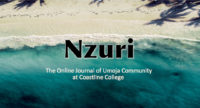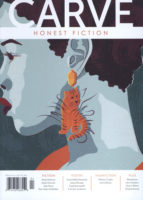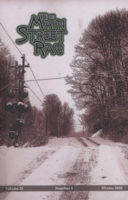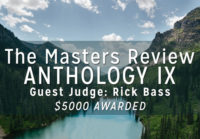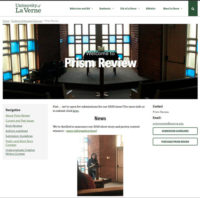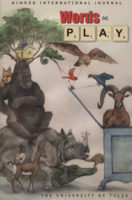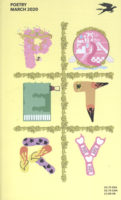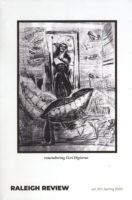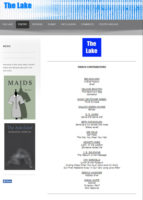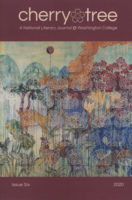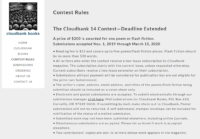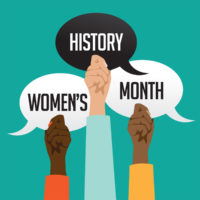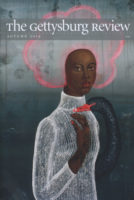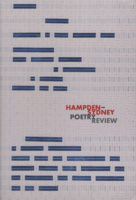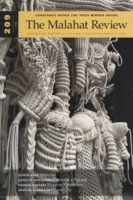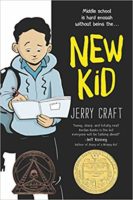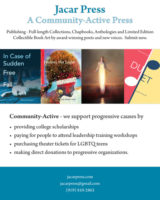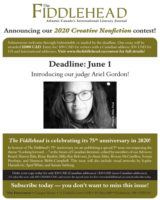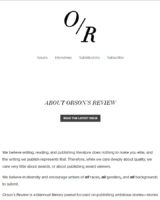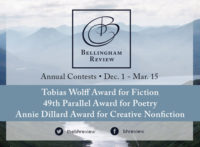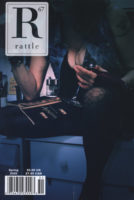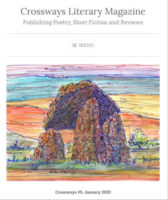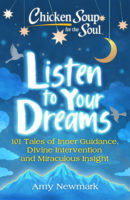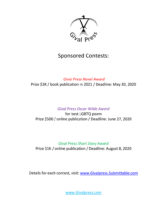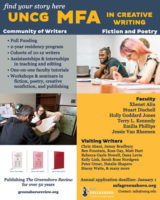 The Writer’s Hotel’s All-Fiction Conference will take place June 3 through 9 in NYC. The deadline for writers to apply is March 22 at midnight. There is a $30 application fee.
The Writer’s Hotel’s All-Fiction Conference will take place June 3 through 9 in NYC. The deadline for writers to apply is March 22 at midnight. There is a $30 application fee.
Faculty this year includes Rick Moody, Jeffrey Ford, Robyn Schneider, Michael Thomas, Ernesto Quiñonez, James Patrick Kelly, Elizabeth Hand, Francine Prose, Saïd Sayrafiezadeh, Sapphire, Elyssa East, Kevin Larimer, Steven Salpeter, Jennie Dunham, Shanna McNair, and Scott Wolven.
New in 2020: The Writer’s Hotel is now offering NYC Weekends which are shorter conferences in the genres of poetry and nonfiction.
The deadline to apply to the Poetry Weekend is listed as March 15. This conference will take place May 21 through 25. Faculty for this event includes Mark Doty, Marie Howe, Terrance Hayes, Nick Flynn, Deborah Landau, Alexandra Oliver, Kevin Larimer, Jenny Xie, Shanna McNair, and Scott Wolven.
The Poetry Weekend is capped at 40 participants. There is a $30 fee to apply. If they reach 40 participants before the deadline, the application form will close early.
The Nonfiction Weekend will take place October 1-5. Faculty this year includes Mark Doty, Meghan Daum, Hisham Matar, Honor Moore, Elyssa East, Saïd Sayrafiezadeh, Shanna McNair, and Scott Wolven.
The Nonfiction Weekend is capped at 40 participants. There is a $30 fee to apply.

